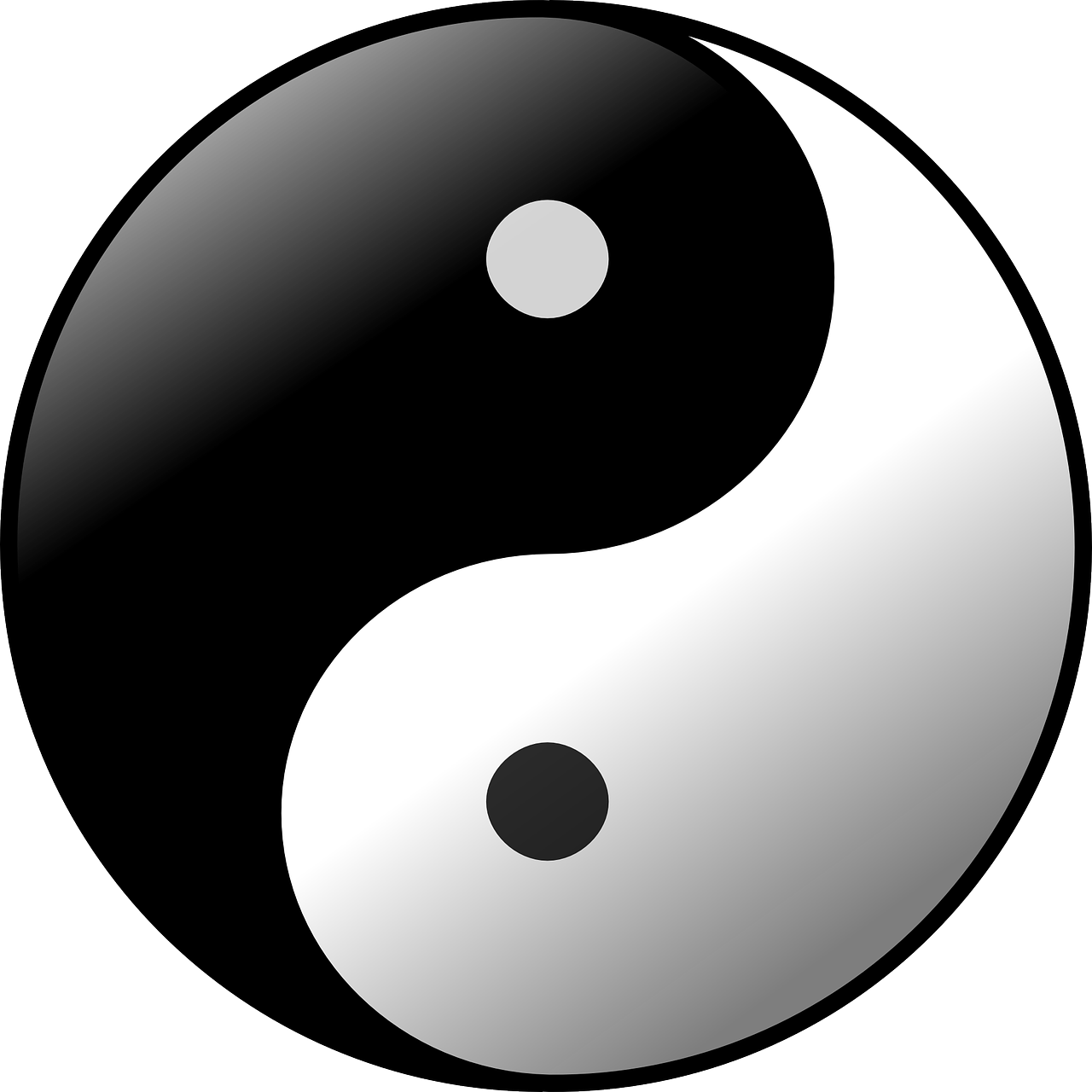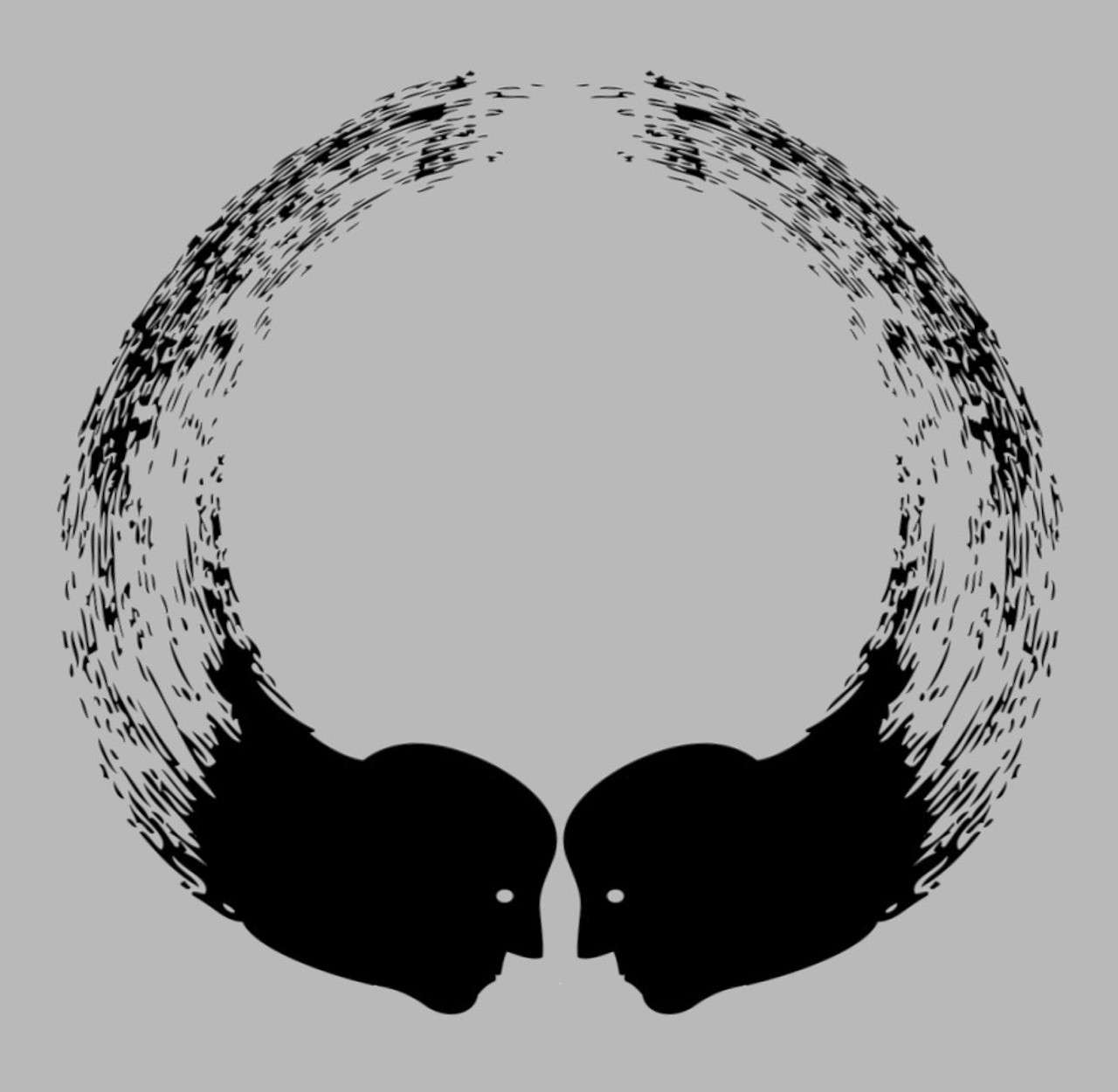Are you wondering what exactly qualifies as a subjective statement? Look no further, because in this blog post, we’ll dive deep into the realm of subjectivity and explore examples of subjective statements.
Subjective statements are those that express personal opinions, feelings, or beliefs, making them inherently biased. They can vary greatly from one person to another, as they depend on individual experiences and perspectives. Objective statements, on the other hand, are based on facts and can be proven or disproven.
So, why is it important to understand subjective statements? Well, subjective language plays a significant role in our everyday communication, whether it’s in informal conversations or formal writing. By recognizing and properly using subjective statements, we can enhance our understanding and improve the clarity of our messages.
Now, let’s embark on this journey to uncover the world of subjective statements and delve into captivating examples that showcase their influence. But first, let’s take a quick look at what an objective tone in writing means.

What is an example of a subjective statement?
Subjective statements are like opinions – everyone has them, and they can vary from person to person, making them highly subjective. These statements often rely on personal feelings, emotions, or judgments, rather than objective facts or evidence. Here are some examples of subjective statements that might make you nod your head or roll your eyes:
1. Movies
Goodfellas: It’s the greatest gangster movie of all time, hands down! The charismatic characters, gripping storyline, and masterful direction make it a cinematic masterpiece.
Titanic: This film is an epic romance that will make you weep rivers. The chemistry between Jack and Rose is undeniable, and the haunting theme song still gives me chills.
2. Food
Pizza: New York-style pizza is the absolute best. The thin, crispy crust, gooey cheese, and flavorful sauce are a combination that simply cannot be beat.
Sushi: There’s nothing quite like the delicate artistry of sushi. The fresh fish, the perfect rice, and the meticulous presentation make each bite a heavenly experience.
3. Music
The Beatles: They are the greatest band in history, hands down. Their innovative sound, catchy melodies, and timeless lyrics continue to resonate with fans of all ages.
Hip-hop: The beats, the rhymes, the swagger – hip-hop is the most influential genre of music. Its ability to tell stories and give marginalized communities a voice is unparalleled.
4. Fashion
Sneakers: Sneakers are the ultimate fashion statement. They’re not just comfortable; they add a touch of casual coolness to any outfit, whether you’re dressing up or down.
High heels: High heels are a girl’s best friend. They elevate any look, making you feel confident, powerful, and ready to conquer the world, even if your feet might hate you afterwards.
5. Travel
Paris: The City of Love, Paris has an undeniable charm. From strolling along the Seine to sipping espresso at a sidewalk café, the city oozes romance and elegance.
Tropical beaches: There’s no better place to unwind and soak up the sunshine than on a tropical beach. The soft sand, crystal-clear waters, and swaying palm trees create a paradise you’ll never want to leave.
So, the next time you come across a subjective statement, take it with a grain of salt. Remember, what one person loves, another person may not. It’s all a matter of personal taste and preference.

Frequently Asked Questions About Subjective Statements
What is objective tone in writing
Objective tone in writing refers to a style that presents information in a neutral and unbiased manner, without personal opinions or emotions influencing the content. It is commonly used in news articles, scientific papers, and academic essays. Objective writing relies on facts, evidence, and logical reasoning to support statements, making it more credible and reliable.
What is Jouska
Jouska, an interesting word indeed! However, I must admit that Jouska sounds more like a flamingo doing yoga than a term related to subjective statements. So let’s focus on the main topic, shall we?
What’s another word for subjective
Ah, the wonderful world of synonyms! If you’re looking for an alternative to the word “subjective,” you can try using “personal,” “biased,” or “opinionated.” But hey, don’t go overboard with your thesaurus. Sometimes, simplicity is the key to effective communication.
Are emotions subjective or objective
Ah, emotions! Those lovely, unpredictable, and occasionally confusing little rascals. Emotions themselves are subjective experiences that vary from person to person. However, the way we perceive and interpret emotions can differ. So, while the experience of emotions is subjective, their existence and impact are undoubtedly objective.
What is more powerful than fear
Ah, fear, the notorious troublemaker that likes to hold us back. But you know what’s even more powerful? Courage! That admirable quality that enables us to face our fears head-on, to overcome obstacles, and to embrace new experiences. So, if fear knocks on your door, just remember that courage is waiting right around the corner, ready to lend you a helping hand.
What are examples of emotive words
Ah, words, those exquisite tools of expression. Emotive words, much like spices in a recipe, spice up your writing and evoke emotions in your readers. Some examples include “passionate,” “heartwarming,” “devastating,” “ecstatic,” and “breathtaking.” Just be careful not to overload your writing with too many spices. A pinch here and there can do wonders.
What is the strongest fear
Now, now, my friend, are you trying to give me goosebumps? The strongest fear is subjective, as different people have different fears that affect them differently. Some may fear spiders, while others fear heights or even public speaking. So, the strongest fear ultimately depends on the person experiencing it. But trust me, there are plenty of fears out there that can send shivers down your spine!
What is the most important emotion
Ah, the battle of emotions, competing for the title of “most important.” While many emotions hold significance in our lives, one that stands out is empathy. This noble emotion enables us to understand and share the feelings of others, fostering compassion, connection, and kindness. With empathy by our side, we can create a more understanding and harmonious world.
What is subjective and objective sentences
Subjective sentences express personal opinions, perspectives, or feelings. They are like the sprinkles on top of a cupcake, adding a dash of uniqueness. On the other hand, objective sentences state facts or information without personal biases or emotions. They are the sturdy foundation of a building, providing stability and reliability. So, combine the two, and you’ll have a well-balanced piece of writing.
Which is the best example of a metaphor
Oh, metaphors, those poetic creatures that add color to our language! One example that could make your writing sparkle is “Time is a thief.” It beautifully portrays how time can steal precious moments away from us, emphasizing its swift and relentless nature. With metaphors, you can unleash your creativity and let your words dance across the page.
Which is an example of objective language
Ah, objective language, the Sherlock Holmes of communication, sticking to the facts without any personal flair. Here’s an example: “The sun rises in the east.” This statement focuses on an observable fact that remains true regardless of our personal opinions. So, put on your detective hat, gather the evidence, and write with objectivity!
What is more powerful than love
Oh, love, that enchanting force that makes both hearts flutter and minds wander. But you know what can be even more powerful? Forgiveness! It’s like a superhero cape, empowering us to let go of grudges and resentments, and to rebuild broken relationships. With forgiveness, we can heal wounds, mend connections, and create a world filled with harmony and understanding.
What is subjective vs objective
Ah, the endless battle between subjective and objective perspectives. Subjective refers to opinions, personal experiences, and feelings, like a painter’s brushstrokes on a canvas. Objective, on the other hand, deals with facts, evidence, and logical reasoning, resembling a mathematician’s meticulous calculations. So, whether you embrace your subjectivity or dive into objectivity, both have their place in the vast realm of human expression.
What is the rarest emotion
Ah, the rarest emotion, like a hidden gem waiting to be unearthed. While many emotions capture the human experience, one that stands out as particularly elusive is “awe.” It’s that overwhelming feeling when you encounter something truly majestic, beyond your comprehension. So, if you find yourself in awe, cherish the moment and let it remind you of the wonders that exist in our remarkable world.
Is hope stronger than fear
Ah, hope and fear, those two formidable opponents battling for dominance. Hope, like a beacon of light, guides us through the darkest of times, providing solace and inspiration. Fear, on the other hand, brings caution, protecting us from potential harm. While fear can be powerful, it’s hope that ultimately triumphs, for it gives us the strength to face our fears and pursue a brighter future.
And there you have it, my dear reader! A comprehensive FAQ-style exploration of subjective statements and their intriguing counterparts. Remember, the world of language is vast and ever-evolving, so embrace both subjectivity and objectivity as you navigate through the wonders of communication.
